Roberto Calasso
Literature and the Gods
International Acclaim for Roberto Calassos Literature and the Gods
Immensely rewarding. National Review
Masterful challenging. Erudite. Surprisingly rich. It is Calassos own prose elliptical, brimming with metaphor that makes the volume worth reading. Its an example of the divinely inspired work for which he clearly yearns.
Time Out New York
Brilliant. The seriousness and erudition of Literature and the Gods demand a serious and erudite response. Such books are infrequent. All the more reason to welcome, and read, this one.
The Boston Phoenix
Calasso is a formidably learned man. [Readers] will find deep delight in his insights, his seemingly reckless leaps of faith, his prose that hews closely to the rhythms of oratory.
The Commercial Appeal (Memphis)
Calasso knows a lot about the gods. In his attentiveness to the divine flame still burning behind the mundane realities of a fallen world, he is a direct descendant of Hlderlin and Nietzsche, of Baudelaire and Mallarm, of Yeats and Nabokov. In a meanly mealy-mouthed time, Calasso speaks out strongly from an unfashionably high-intellectual position. What he is urging on us is nothing less than our duty to recall the gods from banishment through the medium of literature.
John Banville, Irish Times
T he gods are fugitive guests of literature. They cross it with the trail of their names and are soon gone. Every time the writer sets down a word, he must fight to win them back. The mercurial quality that heralds their appearance is token also of their evanescence. It wasnt always thus. At least not so long as we had a liturgy. That weave of word and gesture, that aura of controlled destruction, that use of certain materials rather than others: this gratified the gods, so long as men chose to turn to them. After which, like windblown scraps in an abandoned encampment, all that was left were the stories that every ritual gesture implied. Uprooted from their soil and exposed, in the vibration of the word, to the harsh light of day, they frequently seemed idle and impudent. Everything ends up as history of literature.
So it would be a dull business indeed just to list the times the Greek gods turn up in modern poetry from the early Romantics on. Almost all the poets of the nineteenth century, from the most mediocre to the sublime, wrote a line or two in which the gods are mentioned. And the same is true of most of the poets of the twentieth century. Why? For all kinds of reasons: out of established scholastic habit or to sound noble, or exotic, or pagan, or erotic, or erudite. Or most frequently and tautologically to sound poetic. But whether a poem chooses to name Apollo, or maybe an oak tree, or the oceans foam, doesnt make much difference and can hardly be very meaningful: they are all terms from the literary lexicon, worn smooth by use.
Yet there was a time when the gods were not just a literary clich, but an event, a sudden apparition, an encounter with bandits perhaps, or the sighting of a ship. And it didnt even have to be a vision of the whole. Ajax Oileus recognized Poseidon disguised as Calchas from his gait. He saw him walking from behind and knew it was Poseidon from his feet, his legs.
Since for us everything begins with Homer, we can ask ourselves: which words did he use for such events? By the time the Trojan War broke out, the gods were already coming to earth less frequently than in an earlier age. Only a generation before, Zeus had fathered Sarpedon on a mortal woman. All the gods had turned up for the marriage of Peleus and Thetis. But now Zeus no longer showed himself to men; he sent other Olympians along to do his exploring for him: Hermes, Athena, Apollo. And it was getting harder to see them. Odysseus admits as much to Athena: Arduous it is, oh goddess, to recognize you, even for one who knows much. The Hymn to Demeter offers the plainest comment: Difficult are the gods for men to see. Every primordial age is one in which it is said that the gods have almost disappeared. Only to the select few, chosen by divine will, do they show themselves: The gods do not appear to everyone in all their fullness [enarges], the Odyssey tells us.  is the terminus technicus for divine epiphany: an adjective that contains the dazzle of white, args, but which ultimately comes to designate a pure and unquestionable conspicuousness. Its the kind of conspicuousness that will later be inherited by poetry, thus becoming perhaps the characteristic that distinguishes poetry from every other form.
is the terminus technicus for divine epiphany: an adjective that contains the dazzle of white, args, but which ultimately comes to designate a pure and unquestionable conspicuousness. Its the kind of conspicuousness that will later be inherited by poetry, thus becoming perhaps the characteristic that distinguishes poetry from every other form.
But how does a god make himself manifest? In the Greek language the word thes, god, has no vocative case, observed the illustrious linguist Jakob Wackernagel. Thes has a predicative function: it designates something that happens. There is a wonderful example of this in Euripides Helen:  theo. thes g r ka t
theo. thes g r ka t  phlousO gods: recognizing the beloved is god. Kernyi thought that the distinguishing quality of the Greek world was this habit of saying of an event: It is thes. And an event referred to as being thes could easily become Zeus, the most vast and all-inclusive of gods, the god who is the background noise of the divine. So when Aratus set out to describe the phenomena of the cosmos, he began his poem thus: From Zeus let our beginning be, from he whom men never leave unnamed. Full of Zeus are the paths and the places where men meet, full of Zeus the sea and the seaports. Every one of us and in every way has need of Zeus. Indeed we are his offspring.
phlousO gods: recognizing the beloved is god. Kernyi thought that the distinguishing quality of the Greek world was this habit of saying of an event: It is thes. And an event referred to as being thes could easily become Zeus, the most vast and all-inclusive of gods, the god who is the background noise of the divine. So when Aratus set out to describe the phenomena of the cosmos, he began his poem thus: From Zeus let our beginning be, from he whom men never leave unnamed. Full of Zeus are the paths and the places where men meet, full of Zeus the sea and the seaports. Every one of us and in every way has need of Zeus. Indeed we are his offspring.
Iovis omnia plena, Virgil would later write, and in these words we hear his assurance that this was a presence to be found everywhere in the world, in the multiplicity of its events, in the intertwining of its forms. And we also hear a great familiarity, almost a recklessness, in the way the divine is mentioned, as though to encounter divinity was hardly unusual, but rather something that could be expected, or provoked. The word theos, on the other hand, was only rarely used to refer to those who didnt believe in the gods. More often it meant to be abandoned by the gods, meant that they had chosen to withdraw from all commerce with men. Aratus was writing in the third century B.C., but what became of this experience that for him was so obvious and all-pervasive in the centuries that followed? How did time affect it? Did it dissolve it, destroy it, alter and empty it beyond recognition? Or is it something that still reaches out to us, whole and unscathed? And if so, where, how?
One morning in 1851, Baudelaire tells us, Paris awoke with the feeling that something important had happened: something new, something symptomatic, yet something that nevertheless presented itself as merely another fait divers. A word had been buzzing insistently in everybodys head: revolution. Now it so happened that, at a dinner party in honor of the revolution of February 1848, a young intellectual had proposed a toast to the god Pan. But what has Pan got to do with the revolution? Baudelaire asked the young intellectual. Dont you know? came the answer: Its Pan who starts revolutions. He is the revolution. Baudelaire didnt leave it at that: So its not true that hes been dead for ages? I thought a loud voice had been heard drifting across the Mediterranean and that this mysterious voice that rang out from the Columns of Hercules as far as the shores of Asia had announced to the old world: THE GOD PAN IS DEAD. The young intellectual didnt seem worried. Its just a rumor, he said. Scandal mongers, nothing in it. No, the god Pan is not dead! The god Pan lives on, he insisted, lifting his eye to the heavens with quite bizarre tenderness: He will return. Baudelaire glosses: He was talking about the god Pan as if he were the prisoner of Saint Helena. But the exchange wasnt over; Baudelaire had another question: So can we presume that you are pagan? The young intellectual was positively disdainful: Of course I am; dont you know that only paganism, if properly understood, that is, can save the world? We must go back to the true doctrines that were eclipsed, but

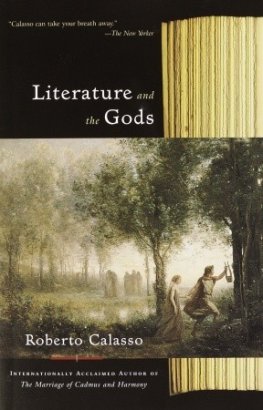
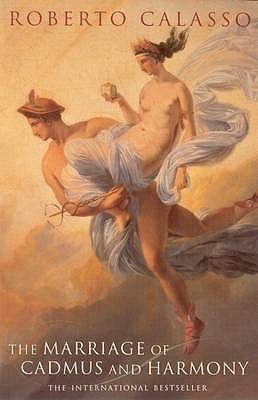
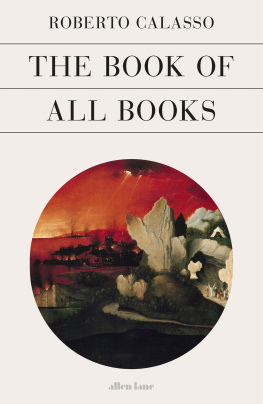
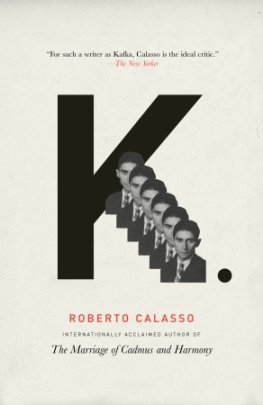
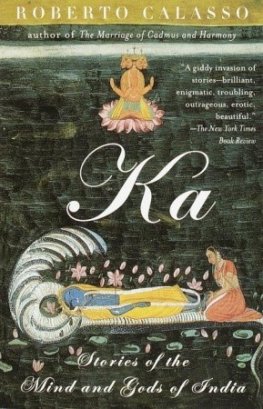
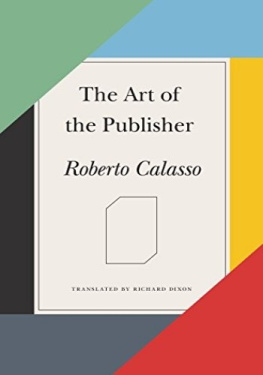

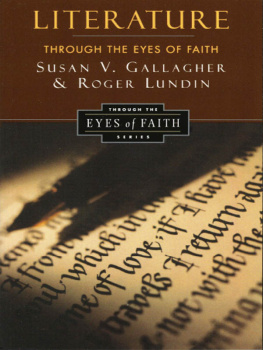

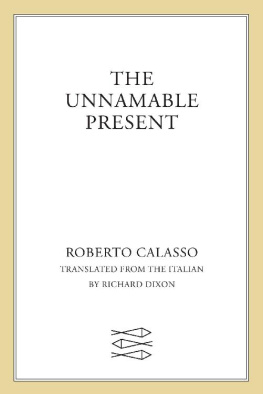
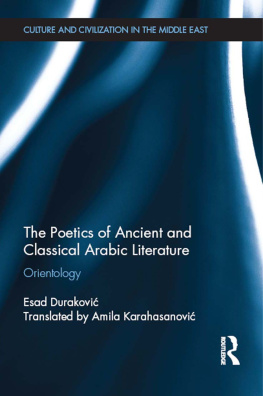
 is the terminus technicus for divine epiphany: an adjective that contains the dazzle of white, args, but which ultimately comes to designate a pure and unquestionable conspicuousness. Its the kind of conspicuousness that will later be inherited by poetry, thus becoming perhaps the characteristic that distinguishes poetry from every other form.
is the terminus technicus for divine epiphany: an adjective that contains the dazzle of white, args, but which ultimately comes to designate a pure and unquestionable conspicuousness. Its the kind of conspicuousness that will later be inherited by poetry, thus becoming perhaps the characteristic that distinguishes poetry from every other form. theo. thes g r ka t
theo. thes g r ka t  phlousO gods: recognizing the beloved is god. Kernyi thought that the distinguishing quality of the Greek world was this habit of saying of an event: It is thes. And an event referred to as being thes could easily become Zeus, the most vast and all-inclusive of gods, the god who is the background noise of the divine. So when Aratus set out to describe the phenomena of the cosmos, he began his poem thus: From Zeus let our beginning be, from he whom men never leave unnamed. Full of Zeus are the paths and the places where men meet, full of Zeus the sea and the seaports. Every one of us and in every way has need of Zeus. Indeed we are his offspring.
phlousO gods: recognizing the beloved is god. Kernyi thought that the distinguishing quality of the Greek world was this habit of saying of an event: It is thes. And an event referred to as being thes could easily become Zeus, the most vast and all-inclusive of gods, the god who is the background noise of the divine. So when Aratus set out to describe the phenomena of the cosmos, he began his poem thus: From Zeus let our beginning be, from he whom men never leave unnamed. Full of Zeus are the paths and the places where men meet, full of Zeus the sea and the seaports. Every one of us and in every way has need of Zeus. Indeed we are his offspring.